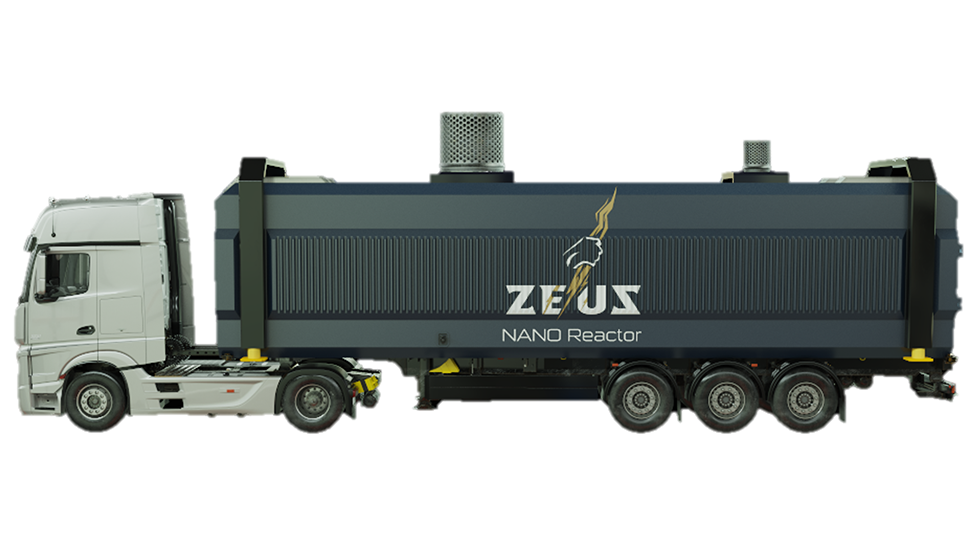
As AI continues to drive exponential growth in data centers, securing adequate power supplies has become a critical challenge.
Chatting with HPCwire, James Walker, CEO of Nano Nuclear Energy, outlined how micro nuclear reactors could offer a viable solution. These small, portable reactors are designed to provide clean, safe, and reliable energy to meet the increasing demands of data centers and other industries.
Nano Nuclear Energy is focusing on developing micro reactors that are compact enough to be transported via road, rail, or sea. This mobility makes them ideal for remote locations, including data centers, which often require substantial power but have limited access to traditional energy sources. According to Walker, the company’s micro reactors are engineered to be plug-and-play, meaning they can be easily installed and removed with minimal infrastructure or on-site personnel.
Regulatory approval
The company’s micro reactors are also designed with safety in mind. Unlike traditional nuclear power plants, which carry risks of overheating and core meltdowns, these micro reactors use advanced technology to ensure safe operation. Even in the event of a total mechanical failure, the reactors are built to passively dissipate heat, preventing catastrophic outcomes. Walker emphasized that nuclear power is already the safest form of energy when measured by deaths per gigawatt hour, and the safety is even greater with micro reactors.
One of the significant challenges to deploying these reactors is regulatory approval.
Currently, nuclear regulations are stringent, particularly concerning the transportation of fully fueled reactors. However, Walker noted that there are indications of potential regulatory changes that could facilitate the deployment of micro reactors. For instance, the US Department of Defense’s Project Pele is developing micro reactors for military bases, which may help streamline the regulatory process for commercial use.
Nano Nuclear Energy is on track to have its first commercial micro reactors ready by the early 2030s, with prototypes expected as soon as 2027. These reactors, which could cost as little as $20 million, offer a scalable solution to the growing energy needs of data centers and other industries.
Walker acknowledges people are always going to be concerned about nuclear reactors, especially when it comes to the issue of nuclear waste, but he told HPCwire, “When people talk about waste, they forget that if you were to take all the reactors that have ever been operated in the United States, and I include the submarine reactors, the aircraft carriers, all of those ever since the 1950s. So everything and you were to put all the waste in one place. It wouldn’t fill a football field. It’s a very small amount of spent nuclear fuel that is generated by the operation of these reactors. And it’s the only type of power where, you know, 100% where all of your waste is at any one time down to the last atom. So it’s very safe to say that it’s the safest and it’s the cleanest form of energy we’ve ever come up with. “




















+ There are no comments
Add yours